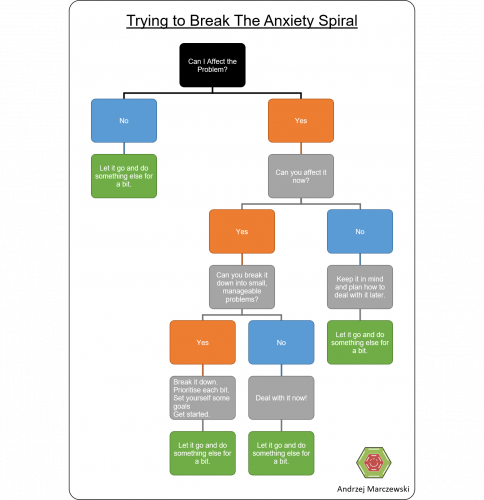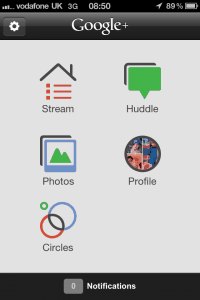Let’s start at the beginning.
What is FoMO?
FoMO stands for Fear Of Missing Out. In our gamification elements, it is often related to Loss Aversion and Curiosity.
If we start with Loss Aversion, used carefully, loss aversion can be a great way to encourage certain positive behaviours. Consider teaching kids how to save, for instance. If they feel they have earned the money, they will (normally) have a stronger desire NOT to lose it! However, physical items are not all that people want to avoid losing. Far more important motivations lie around social interaction, connections, status and more. If someone is considered to be influential in their circles, they will not want to do anything to lose that status. Kids don’t want to miss out on play dates with their friends or even hugs and validation from their parents. How many times has parent used the term “I’m not angry, I’m disappointed”? It hurts more than “If you do that again, you lose your teddy.”
As for curiosity, a little curiosity is a good thing (unless you are a cat…). We all want to know what is in the box, don’t we? However, they “need to know” can become a little overwhelming if it is not satisfied in a timely fashion.
However, FoMO is a lot more than that. FoMO plays on lots of different parts of our minds and many software developers are well aware of this now, and those with lower than average ethics are designing to heavily hammer it!
Facebook (and many other apps!)
A good example of FoMO in action can be seen with Facebook. Facebook gives us windows into the lives of people we know and at times that we don’t know all that well. We see pictures of their lunch, their nights out, their thoughts, their successes and their failures. But it is more than that, Facebook offers the chance to check one’s social status and to seek validation. When you post something, you often want (even if you don’t realise it) people to respond in some way. To ensure that you know that someone has responded, Facebook notifies you.
This is when FOMO starts to take its grip. You phone dings and you know there is something to be seen. If you are able to, you instantly whip out your phone, if not you start to stew – wondering what you have missed. If this continues you start to feel anxious – “what if I have missed something really important?” The phone dings again, you still can’t get to it, anxiety starts to really take grip. Your pulse quickens, your chest is tight “Oh god, I really need to know what is happening – what have I missed?” Finally, you are able to check, your needs satisfied, only to see it is just a video of your best friends, neighbors, sons, best friends, half brother’s cat rolling over.
Facebook is not the only one by the way. Many, many apps are designed like this.
Anxiety and Depression
It sounds daft, but it is a real issue. FoMO is already seen to lead to anxiety and depression. These are not nice feelings, yet in an age where every service provider is trying to attract our attention on our phones, it is a powerful tool. When it gets really bad, people will find themselves looking at their phone hoping to see a notification, if there is not one, they will go looking for things they may have missed – terrified they are missing out.
Does that sound like something you want to create in your users? Feelings of anxiety and even depression?
Tips to avoid Evil FoMO
Consider your design intent
- Why do you need people to look at the app (or whatever)?
- Do they need to look at it straight away?
- Is it the you who wants them to engage with the app, or is it the user?
- Who is really in control of the experience?
- Are the users in control of the experience or are the designers?
- Is it easy to switch off notifications that are not essential
Notifying users of activity is one thing, but using that to create a state of FoMO has some real ethical issues that we need to see explored much further in our industry.
Similar Posts:
- Anxiety – What it feels like when I have an Anxiety Attack
- My Mental Health and How Gamification Has Helped
- Google+ app: Plus Cut Down To Size


Also published on Medium.




1 thought on “Say No to FoMO in Gamification?”